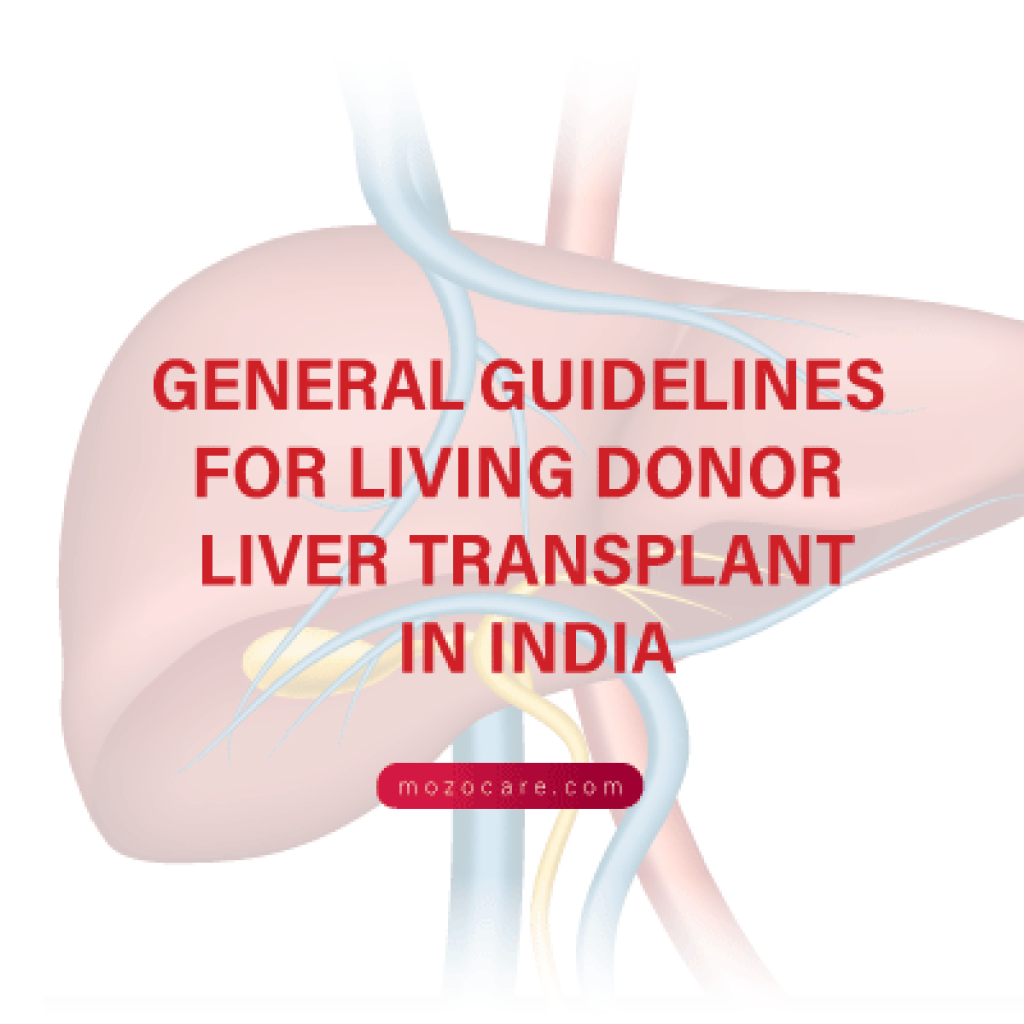
These guidelines for living donor Liver Transplantation in India has been prepared to provide patient and family direction to get prepared before travelling to India.
When you have end stage liver disease and medical therapy doesn’t yields any result, then you may be eligible for a liver transplant.
A candidate for liver transplant may suffer from any of these liver conditions:
There are many requirements for liver transplant surgery. Before you can begin the liver transplant evaluation process, you must be free of:
Patient Blood Group | Matching Donor Group |
A+ or A- | A+/ A-/ O+/ O- |
B+ or B- | B+/ B-/ O+/ O- |
AB+ or AB- | Any blood group acceptable |
O+ or O- | O+/ O- |
In case same or compatible blood group donor is not available, it is also possible to perform transplant across blood group with similar success rate but this increases the cost and duration of stay in India.
It is preferable to perform basic tests to the donor at a centre near home to avoid the disappointment of a potential donor being rejected.
Also let us know about the following facts for the donor
Any history of Diabetes | : Yes/ No |
Any history of Hyper Tension | : Yes/ No |
Any history of Cardiac Disease | : Yes/ No |
Any history of Jaundice | : Yes/ No |
Any history of Tuberculosis | : Yes/ No |
Any history of Asthma | : Yes/ No |
Any history of Mental illness | : Yes/ No |
Any history of Previous surgery | : Yes/ No |
Does he/she take Alcohol | : Yes/ No |
Does he/she Smoke | : Yes/ No |
Does he/she have any other addictions | : Yes/ No |
Hospital is a multi and super specialty hospital and is a registered organ transplant centre as per the provisions of Section 15 of the Transplant of Human Organs Act, 1994 (THOA) and all the organ transplant surgeries in the Hospital are carried out only as per the provisions of the THOA.
The patient, donor & donor’s next of kin also has to come to Hospital to appear in the Authorisation Committee meeting to get the legal clearance to undergo Liver Transplant surgery, which is a legal requirement and is mandatory for all the patients. (The donor’s next of kin can be spouse- if donor is married, parents –if donor is unmarried, Siblings –if the donor is unmarried and parents not available).
In case if the donors next of kin is not able to come to India, a video conference should be done on the day of authorization committee meeting at Hospital to record their consent for the donors surgery.
If the donor is not a near relative (any relative other than –Father, Mother, Brother, Sister, Son, Daughter) the following documents are necessary.